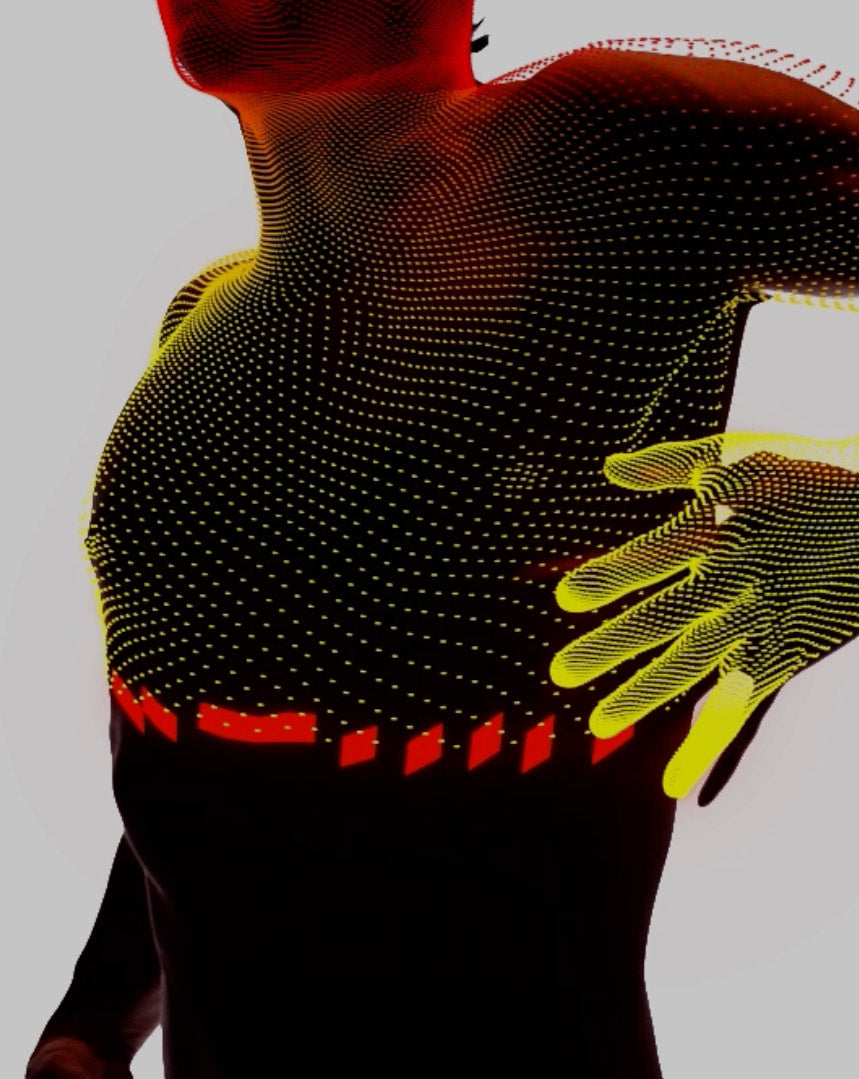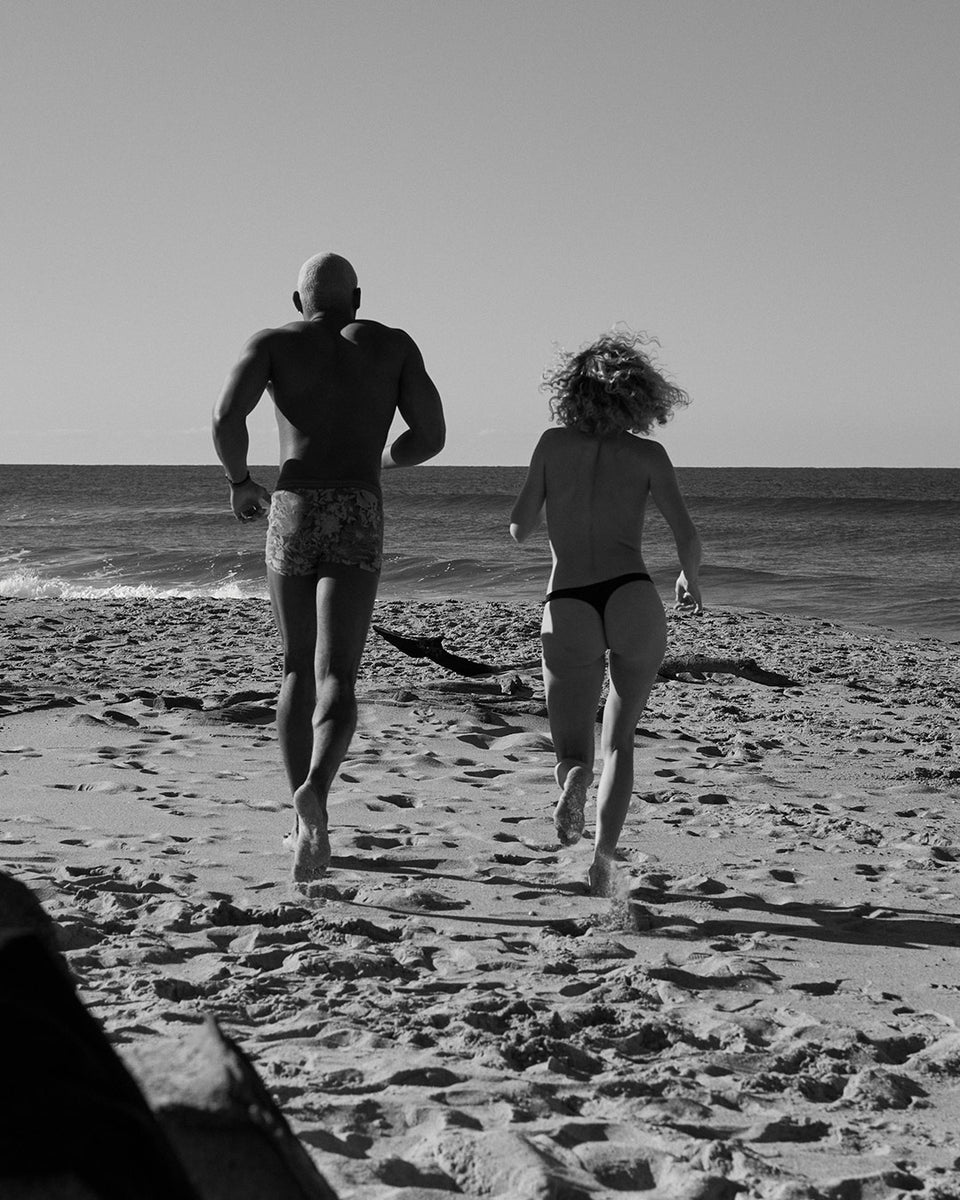If you notice the Sydney Opera House has its lights off this Saturday, it’s not because they’ve had a power-cut, but instead because the 27th March marks Earth Hour, the annual movement shining a light on climate change by (ironically?) switching off the lights for 60 minutes.
This globally recognised symbol of solidarity is a way of showing support for the necessary switch to a renewables-based economy to save our planet. Earth Hour started here in Sydney 14 years ago and has grown into one of the most recognised global movements for awareness and demand for action on climate change. Today, it sees millions of people across 7,000 cities worldwide making the #SwitchForNature: from global icons like the Empire State Building, London Bridge and Sydney’s very own Opera House all getting involved.
Earth Hour is a powerful visual reminder that a collective of like-minded individuals moving in the same direction can affect great change. But we all know that change (unfortunately) doesn’t happen at the flick of a switch, so for us here at Citizen Wolf, March 27th is more about taking the time to make long term commitments to change our behaviour to save the planet. To that end, here are four changes we urge you to also consider making to reduce your carbon footprint, beyond turning the lights off.
1. SWITCH TO SOLAR

“Installing a small 1 kW solar electricity system prevents the release of an incredible 1.5 tonnes of carbon every year.” - Solar Gain
Did you know Australia has the highest solar capacity in the world at 600 watts per capita? That’s because installing solar panels is one of the most practical and efficient ways to reduce the carbon footprint of your household – the sun isn’t going anywhere for another 5 billion years, so after the installation costs you’ll be blessed by making good use of mother nature’s very own nuclear reactor in the sky. According to Solar Gain, by installing just one small 1 kW solar electricity system can prevent the release of 1.5 tonnes of carbon every year!
2. SWITCH TO GREEN ENERGY PLANS

“It’s not a principle until it costs you money” - Bill Bernbach
If we owned the building, our factory roof would be covered in solar panels. Sadly we don’t (yet) so the next best thing is using a renewable energy provider like Red Energy. We’re on their ‘Green Power’ plan which uses Government accredited renewable sources such as hydro, wind and solar. Bill Bernbach will be happy to know this costs us an additional $0.0583/kWh, but the good news is that the more people who join up, the more renewable energy we’ll have in the grid which will eventually lead to lowering the cost. Simple solution: let's all do it!
3. SWITCH BANK OR SUPER FUND

“Is the money in your bank doing good or harm?” - Bank Australia
Do you know where your super fund or bank is investing your money? We should never underestimate the power of money, because where we invest it creates the future, whether it’s the one we want or not..
If you don’t know where your bank invests your money on your behalf, the unfortunate answer is that it probably includes fossil fuels. Bank Australia on the other hand is committed to climate action by investing in renewable energy and refusing to fund these extractive industries or live animal exports. We put our money where our mouth was last year and made the switch, and we’ve been sleeping well ever since. You can read that story here.
Banking is one thing, but the investment behemoth is unquestionably the superannuation industry. Which is why Australia's first fossil-fuel-free superannuation fund is so exciting (as far as financial products go!) FutureSuper is on a mission to facilitate the movement of money into clean energy projects and like Bank Australia, are fully transparent with where your hard earned dosh is actually being invested (hint, it’s not coal!).
4. SWITCH UP YOUR MODE OF TRANSPORT

“An international scorecard ranked Australia second-worst for transport energy efficiency” - The Australian Climate Council
Transport is Australia’s 3rd largest source of greenhouse gas emissions, and cars make up for roughly half the total. Which is why if everyone could invest in an electric car we’d decrease our overall carbon emissions by 18%! There are currently only 7,300 electric cars on Australian roads which makes up approximately 0.2 per cent of annual new car sales, but according to NRMA CEO Rohan Lund, we should expect to start seeing targets banning the sale of new petrol-driven cars around 2030. Audi has just announced it will cease development on new internal combustion engines (ICE), and Volvo has committed to selling 100% electric vehicles by 2030. The tide has well and truly turned on history’s most famous inventions...
But if a hybrid isn’t on the cards just yet, how about making a pledge to catch more public transport? Your wallet and the planet will both thank you.
If you’re not ready to switch the keys for an Opal Card just yet, the greenest way to get around (and stay fit) is by putting the pedal to the metal and hopping on a bike. But If you're strongly opposed to helmet hair, there’s always good old-fashioned walking. Not exactly revolutionary, but even if it’s just a part of the commute you’ll reduce your carbon footprint and your stress too. Just don’t forget to stop and smell the roses along the way!
“Morning exercise improves attention, visual learning, and decision-making.” - 2019 study, British Journal of Sports Medicine
Make the #SwitchForNature
There’s many ways to join the Earth Hour movement this year, by having a candle-lit dinner or perhaps having a screening of ‘Our Planet: Our Business’. But most importantly, we urge you to use this annual reminder to #SwitchForNature to do something that takes us one step further towards a renewables-based future every hour.
8.30pm on Saturday 27 March 2021
8:30-9:30PM LOCAL TIME
You can register and find more ways to participate in Earth Hour 2021 here








